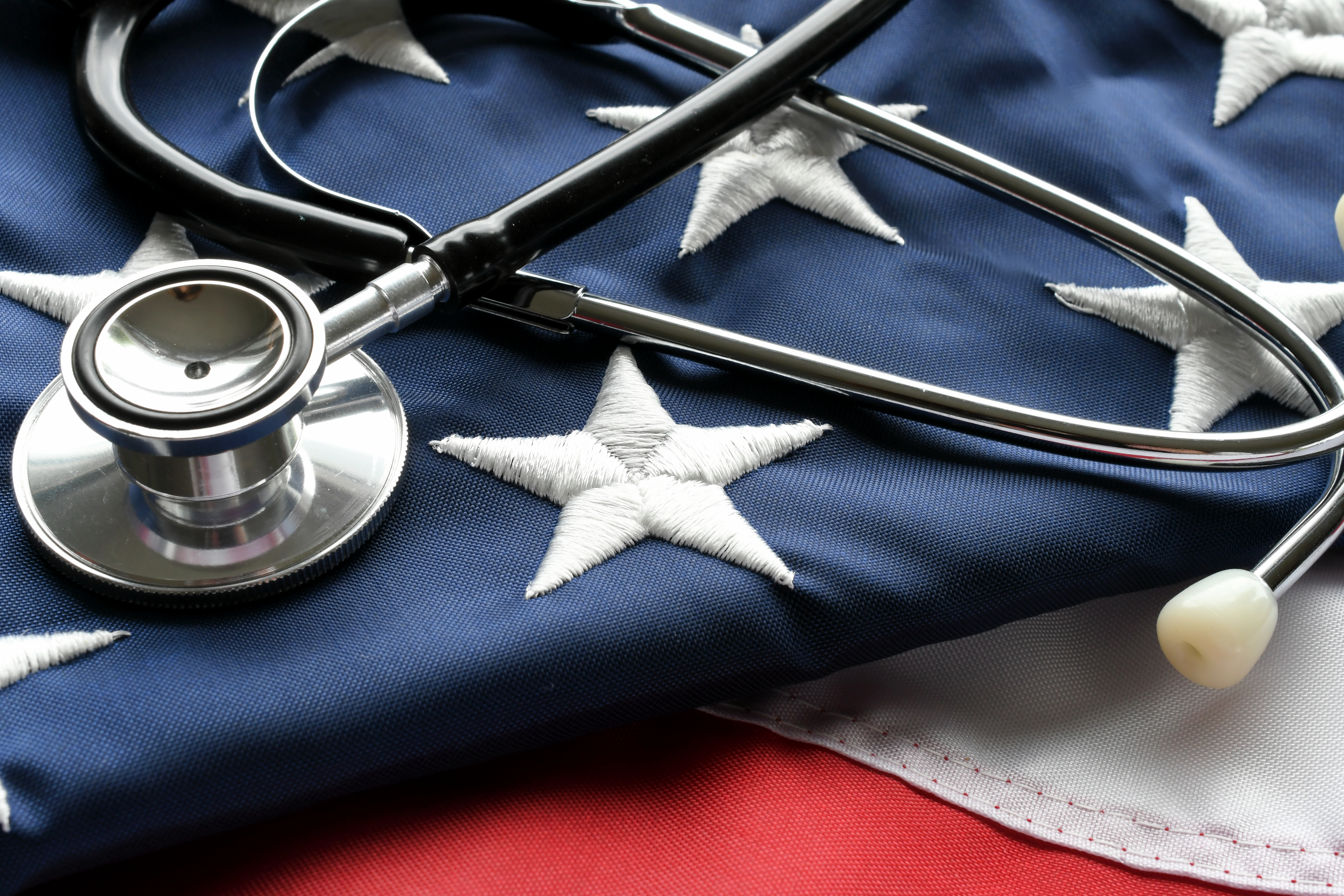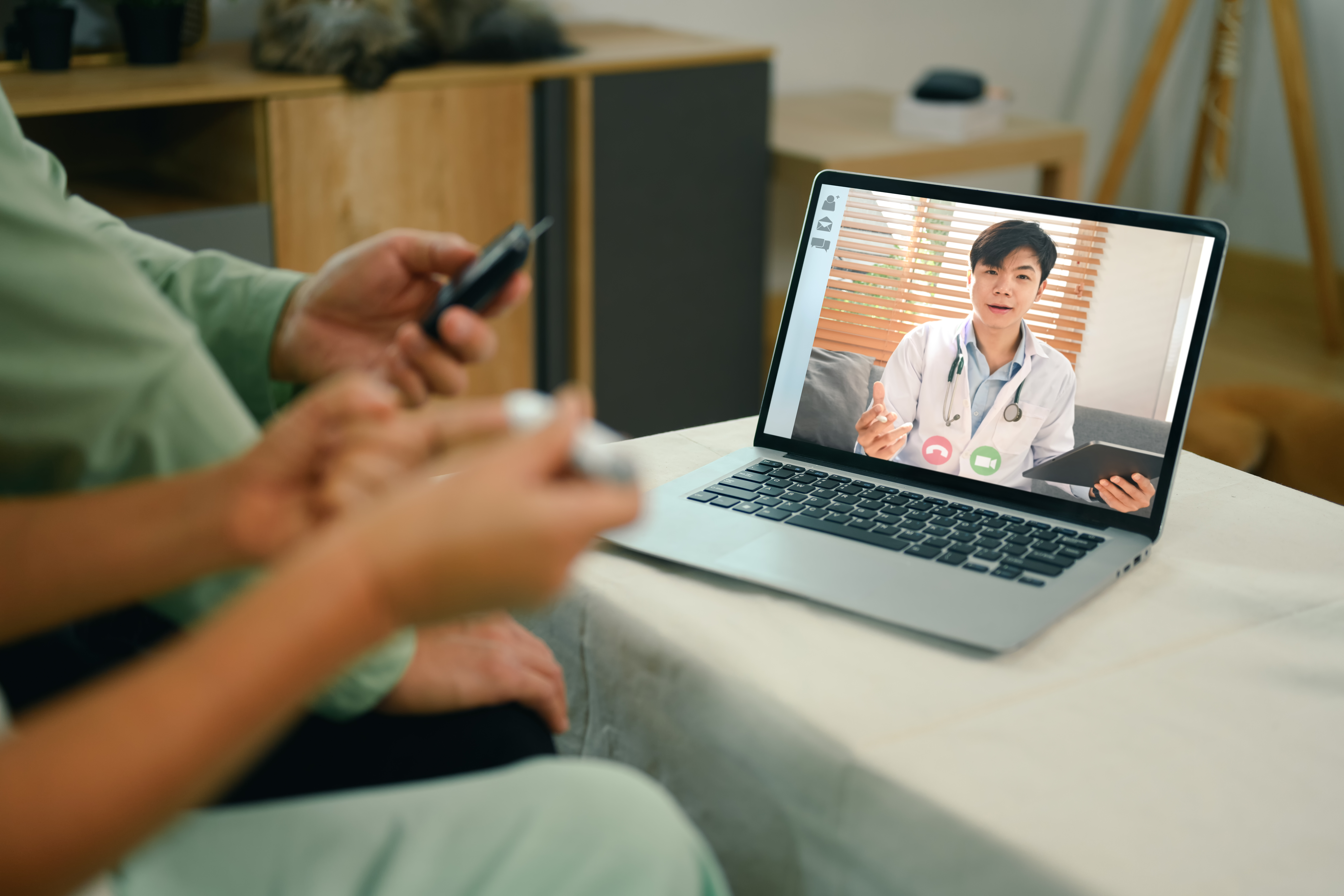12 Ways the Upcoming Medicaid Changes Could Impact Your Healthcare Access
The U.S. healthcare landscape, a complex tapestry woven with policy, innovation, and urgent human need, stands at the precipice of profound change. At its core, Medicaid, a lifeline for millions, is evolving in ways that will dramatically reshape how Americans access care, its quality, and its very delivery. This isn't just a tweak; it's a strategic overhaul poised to unlock new avenues of health access. This article dives into 12 ingenious insights on how these imminent Medicaid changes will redefine your healthcare journey. From proactive policy shifts to cutting-edge technological integrations, each facet reveals a deeper understanding of what lies ahead for beneficiaries and providers, guiding you through this pivotal transformation.
1. The Medicaid "Unwinding" and Proactive Re-enrollment Strategies

Beyond simple policy shifts, the end of continuous Medicaid enrollment, known as the "unwinding," demands a proactive strategy from beneficiaries. Millions risk losing coverage due to administrative hurdles, not just eligibility changes. States are now implementing enhanced outreach, data matching with other public programs (like SNAP), and simplified online re-enrollment portals. The ingenious part? Some states are using AI to predict at-risk populations for disenrollment, allowing targeted communication campaigns. Beneficiaries must actively respond to all mail from their state Medicaid agency and update contact information to prevent coverage gaps. This isn't just about policy changing; it's about navigating a new bureaucratic landscape.
2. Telehealth's Permanent Integration and "Hybrid Care" Models

The pandemic-fueled telehealth expansion is evolving from an emergency measure to a permanent, sophisticated pillar of Medicaid access. Beyond basic virtual appointments, upcoming changes involve robust reimbursement for remote patient monitoring (RPM) of chronic conditions, digital therapeutics, and asynchronous consultations (e-visits). This ushers in "hybrid care" models, seamlessly blending in-person and virtual visits based on patient need and clinical appropriateness. The ingenuity lies in optimizing care delivery for rural areas and those with transportation barriers, pushing beyond mere convenience to genuinely improve health outcomes through continuous digital connection.
3. Precision Prevention: Tailored Incentives for Health Behaviors

Medicaid's new focus on preventive care goes beyond broad campaigns, embracing "precision prevention." This involves leveraging data analytics to identify high-risk individuals and offering highly tailored incentives for specific healthy behaviors. Think mobile apps that reward adherence to medication, partnerships with local gyms for subsidized memberships, or even direct financial incentives for completing health screenings and vaccinations. The ingenuity is in moving from general advice to personalized nudges and rewards, embedding wellness deeply into the fabric of daily life for beneficiaries, aiming for measurable reductions in chronic disease rates.
4. Housing as Healthcare: Expanding "Community Supports" Funding

Addressing social determinants of health isn't just theoretical; Medicaid is now directly funding non-medical "community supports," with stable housing being a prime example. States can use Medicaid dollars to cover services like housing navigation, tenancy supports, or even short-term rental assistance for individuals facing homelessness. The ingenuity lies in recognizing housing as a foundational health intervention, directly reducing emergency room visits and hospitalizations. This moves Medicaid from treating illness after the fact to investing in the upstream factors that keep people healthy and housed, integrating social services and healthcare budgets.
5. Behavioral Health "No Wrong Door" Integration and Digital Mental Health

Medicaid's enhanced mental health support creates a "no wrong door" approach, meaning beneficiaries can access behavioral health services through primary care, emergency departments, or community centers, with seamless referrals. Beyond traditional therapy, there's significant investment in digital mental health platforms, including virtual therapy, AI-powered chatbots for mental wellness, and app-based cognitive behavioral therapy (CBT) programs. This expands access dramatically, particularly for underserved populations and adolescents, by making mental health support pervasive and leveraging technology to bridge geographical and stigma-related barriers.
6. Enhanced Care Coordination with AI-Driven Risk Stratification

Innovations in care coordination within Medicaid are becoming highly sophisticated, driven by artificial intelligence. Beyond simple case management, AI is used for risk stratification, identifying beneficiaries at highest risk for adverse health events (e.g., frequent ER visits, multiple chronic conditions). This allows care coordinators to proactively intervene with personalized support, connecting patients to social services, specialized care, and even transportation. The ingenuity lies in predictive analytics transforming reactive care into proactive, preventive coordination, ensuring resources are directed where they can have the most significant impact on complex patient needs.
7. Value-Based Care: Providers as Partners in Prevention and Outcomes

Medicaid's shift to value-based care transforms providers from being paid for services rendered to being rewarded for patient outcomes. This isn't just about cost-cutting; it incentivizes providers to invest in preventive care, care coordination, and addressing social determinants. Ingenious models include "shared savings" programs where providers share in cost savings if they improve health, or "bundled payments" for an entire episode of care. This aligns incentives to promote true wellness, compelling providers to partner with patients on long-term health goals rather than simply managing acute illness.
8. Managed Care Organizations as Social Impact Investors

The expansion of Medicaid Managed Care Organizations (MCOs) sees them evolving into social impact investors. Beyond delivering traditional healthcare, MCOs are increasingly contracted to address social determinants of health. They might fund partnerships with local food banks, invest in affordable housing initiatives, or support job training programs. The ingenuity is in MCOs taking on a broader public health role, leveraging their significant financial resources to tackle community-level issues that directly influence health outcomes, demonstrating a more holistic and community-integrated approach to healthcare.
9. Data Interoperability and Blockchain for Patient-Centric Records

Addressing health disparities and achieving equity relies on groundbreaking improvements in data interoperability. Medicaid changes are pushing for seamless, secure sharing of patient data across providers, MCOs, and social service agencies. The ingenious step involves exploring technologies like blockchain for patient health records, enhancing security, and giving patients greater control over their own data. This allows for a truly patient-centric approach, where a complete health picture is available to all relevant providers, facilitating coordinated, equitable, and culturally competent care, regardless of where services are accessed.
10. Upskilling the Workforce: Community Health Workers and Digital Navigators

Strengthening the Medicaid workforce isn't just about hiring more doctors; it's about strategically upskilling diverse roles. There's significant investment in training and integrating Community Health Workers (CHWs) who act as trusted liaisons between communities and care. Another ingenious development is the rise of Digital Navigators, trained to help beneficiaries overcome technological barriers to telehealth and digital health tools. This innovative approach ensures that care is not only delivered by skilled medical professionals but also supported by empathetic, culturally competent individuals who can truly bridge gaps in access and understanding.
11. Gamification of Wellness and Health Engagement Apps

Beyond traditional patient portals, Medicaid is exploring the gamification of wellness and incentivizing engagement through health apps. Imagine receiving points for completing health quizzes, tracking steps, or attending virtual wellness classes, redeemable for small rewards or discounts. The ingenuity lies in leveraging behavioral economics and mobile technology to make healthy choices more appealing and accessible. This aims to shift patient behavior proactively, transforming the often-passive experience of healthcare into an interactive and motivating journey towards better health outcomes.
12. Addressing the "Coverage Cliff" with Transitional Supports

A critical but often overlooked access issue is the "coverage cliff" – when individuals earn slightly too much to qualify for Medicaid but not enough for affordable marketplace plans. Upcoming changes are focusing on ingenious transitional support programs. This might include extended eligibility periods, gradual phase-outs of benefits, or direct subsidies for marketplace plans for a temporary period. The goal is to prevent sudden loss of coverage that leads to gaps in care, ensuring a smoother transition for those moving out of Medicaid eligibility and maintaining continuity of care.
The Horizon of Accessible Healthcare

The upcoming Medicaid changes represent a monumental pivot in American healthcare, moving beyond simple insurance provision towards a truly integrated, patient-centric model. As we’ve explored the 12 ingenious ways these reforms are set to impact access, it’s clear that the future of healthcare is about more than just treating illness; it's about proactive wellness, seamless coordination, and addressing the foundational social determinants of health. From leveraging AI for predictive care to empowering communities with digital literacy, these shifts are designed to dismantle long-standing barriers and foster equitable access. While challenges will undoubtedly arise in implementation, the vision is clear: a more responsive, efficient, and ultimately healthier system for millions, where access is not a privilege, but a fundamental right, ingeniously delivered.
